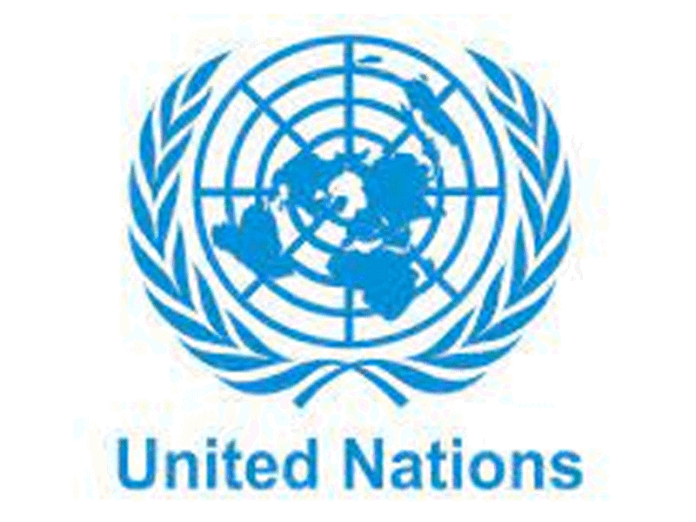UN Report: Rising Demand for 5G, Blockchain, AI Worsening Greenhouse Emissions
CHIGOZIE AMADI
Increasing demand for data transmission, processing and storage for new technologies like Blockchain, Artificial Intelligence (AI), Fifth Generation (5G) mobile networks and Internet of Things (IoT) are worsening greenhouse gas (GHG) emissions globally, the just-released 2024 digital economy report, has revealed.
Although developing countries also bear the brunt of the environmental costs of digitalisation, they are reaping fewer benefits, the report said,
The report, with the theme, “Shaping an Environmentally Sustainable and Inclusive Digital Future”, which was anchored by the UN Trade and Development (UNCTAD), formerly known as United Nations Conference on Trade and Development, explained that the information and communications technology (ICT) sector emitted an estimated 0.69 to 1.6 gigatons of CO2 equivalents in 2020, corresponding to 1.5 per cent to 3.2 per cent of global GHG emissions.
It noted that the report underscored the urgent need for environmentally sustainable and inclusive digitalisation strategies.
Stating that digital technology and infrastructure depend heavily on raw materials, the report observed that the production and disposal of more and more devices, along with growing water and energy needs were taking an increasing toll on the planet.
“For example, the production and use of digital devices, data centres and information and communications technology (ICT) networks account for an estimated 6 per cent to 12 per cent of global electricity use.
“Developing countries bear the brunt of the environmental costs of digitalisation while reaping fewer benefits. They export low value-added raw materials and import high value-added devices, along with increasing digital waste.
“Geopolitical tensions over critical minerals, abundant in many of these countries, complicate the challenges,” it said.
The report called for bold action from policymakers across the world, industry leaders and consumers, urging a global shift towards a circular digital economy, focusing on circularity by design through durable products, responsible consumption, reuse and recycling, and sustainable business models.
According to the report, annual smartphone shipments have more than doubled since 2010, hitting 1.2 billion in 2023, adding that IoT devices are projected to surge 2.5 times from 2023 to 39 billion by 2029.
“New data from 43 countries, representing about three quarters of global GDP, show business e-commerce sales grew nearly 60 per cent from 2016 to 2022, to reach $27 trillion. This growth is taking an increasingly heavy toll on the environment.
“The digital economy is resource intensive. A two-kilogramme computer requires 800 kilogrammes of raw materials. A smartphone, from production to disposal, requires about 70 kilogrammes.
“While the production phase is the most impactful – generating some 80 per cent of smartphone GHG emissions – environmental harm occurs throughout the lifecycle of devices and ICT infrastructure, including through e-commerce.
“Digital waste is growing faster than collection rates. Waste from screens and small IT equipment rose 30 per cent between 2010 and 2022, reaching 10.5 million tons. Improper disposal leads to pollution and other health and environmental hazards.
“Increasing demand for data transmission, processing and storage for new technologies like blockchain, artificial intelligence (AI), fifth generation (5G) mobile networks and IoT is boosting emissions. For example, the ICT sector emitted an estimated 0.69 to 1.6 gigatons of CO2 equivalents in 2020, corresponding to 1.5 per cent to 3.2 per cent of global GHG emissions.
“Addressing these issues requires policy reforms, technological innovations and action from all stakeholders – policy makers, businesses, and consumers – to make business models more circular, logistics more energy efficient, packaging more sustainable and consumption more responsible,” the report said.
It urged governments and companies to link more closely environmental and digital policies and strategies as well as governments and businesses to harmonise reporting standards and improve data transparency and disclosure of environmental and social impacts.
According to the report, all stakeholders should undertake more comprehensive assessments of digitalisation’s environmental effects and increase the data available to governments, researchers and organisations.
Similarly, it advised companies to reduce waste by designing devices to last longer and be easily reparable.
It also urged all stakeholders in e-commerce and the digital economy to increase their use of sustainable packaging and lower carbon logistics.
























